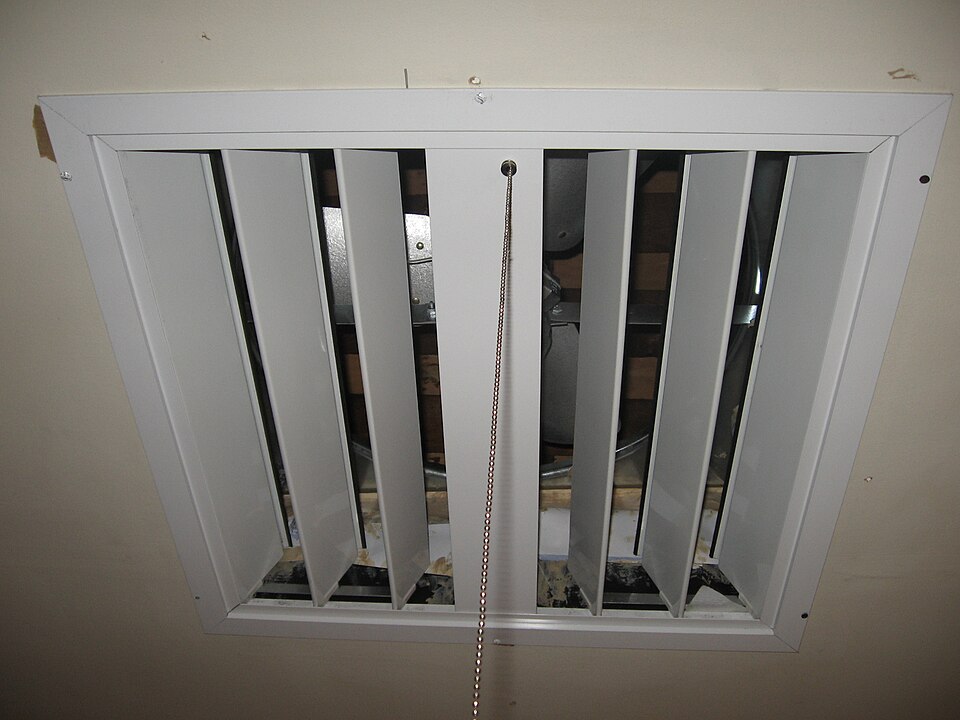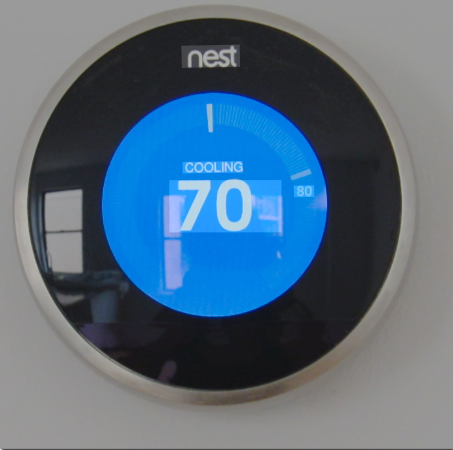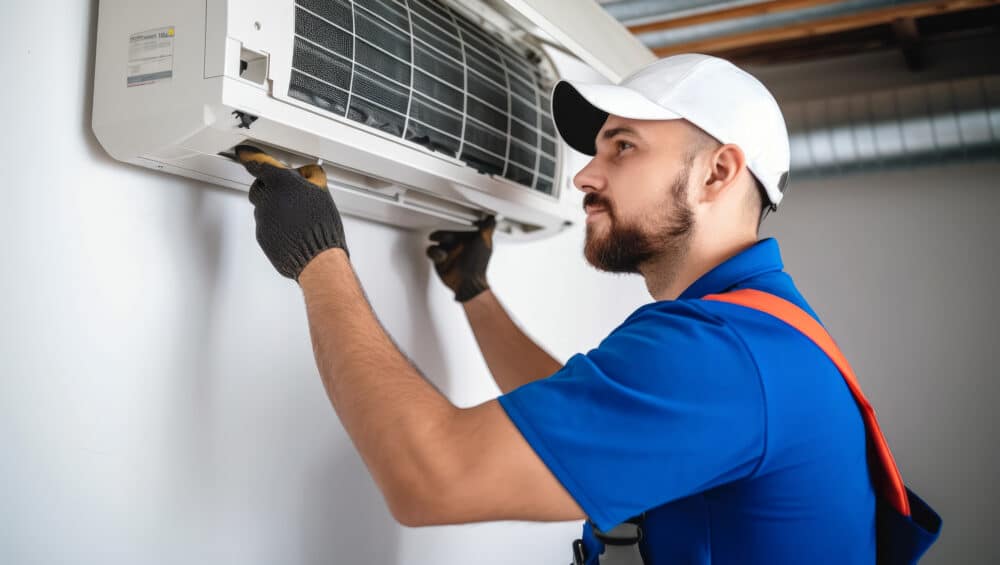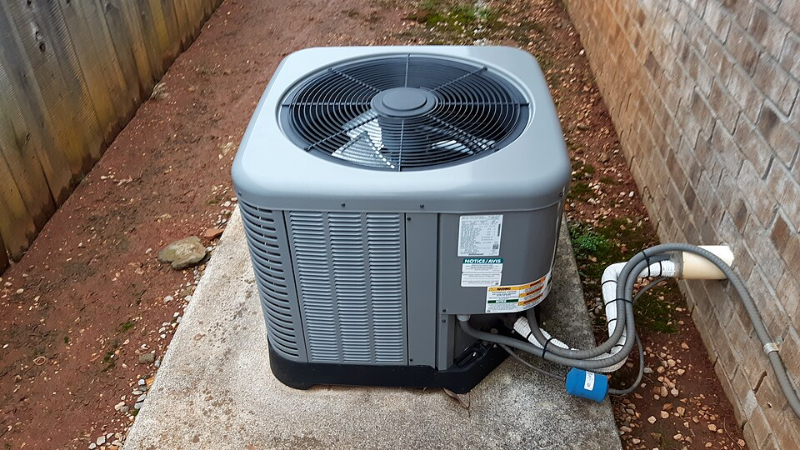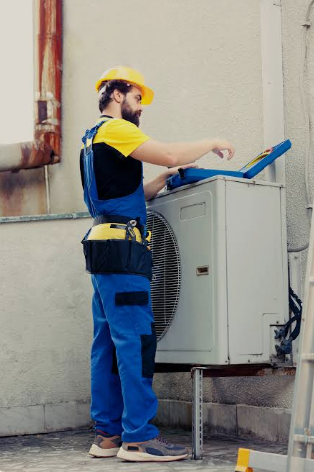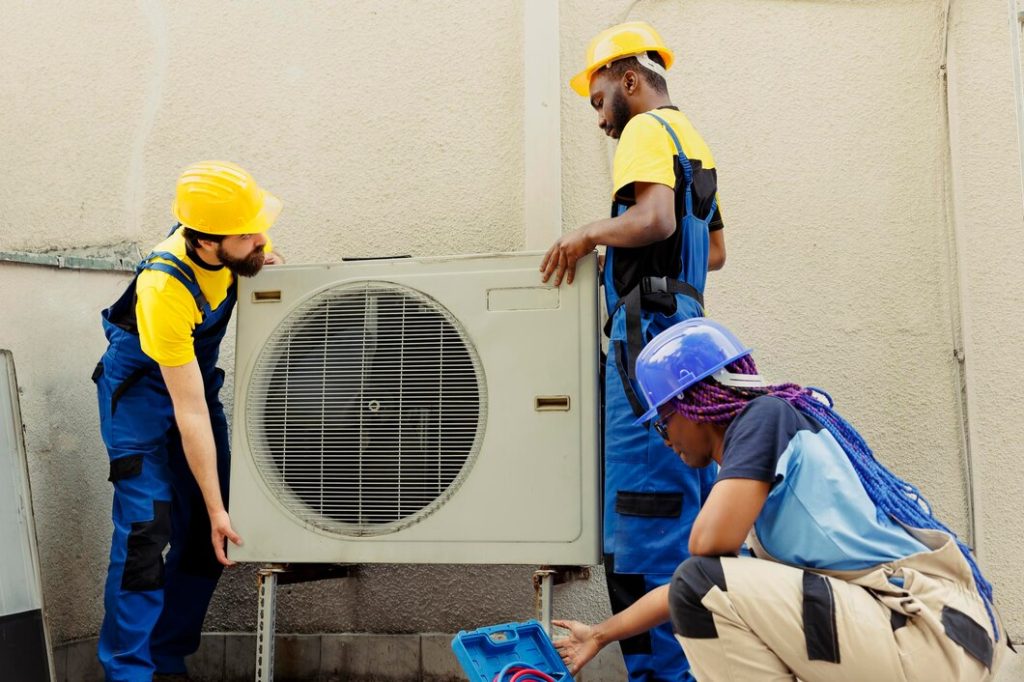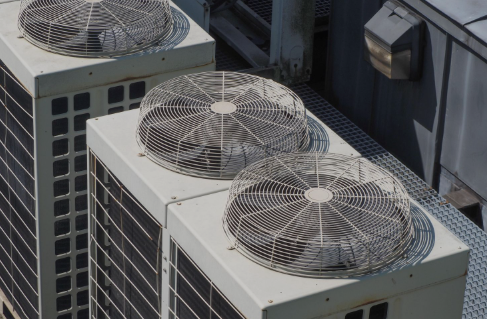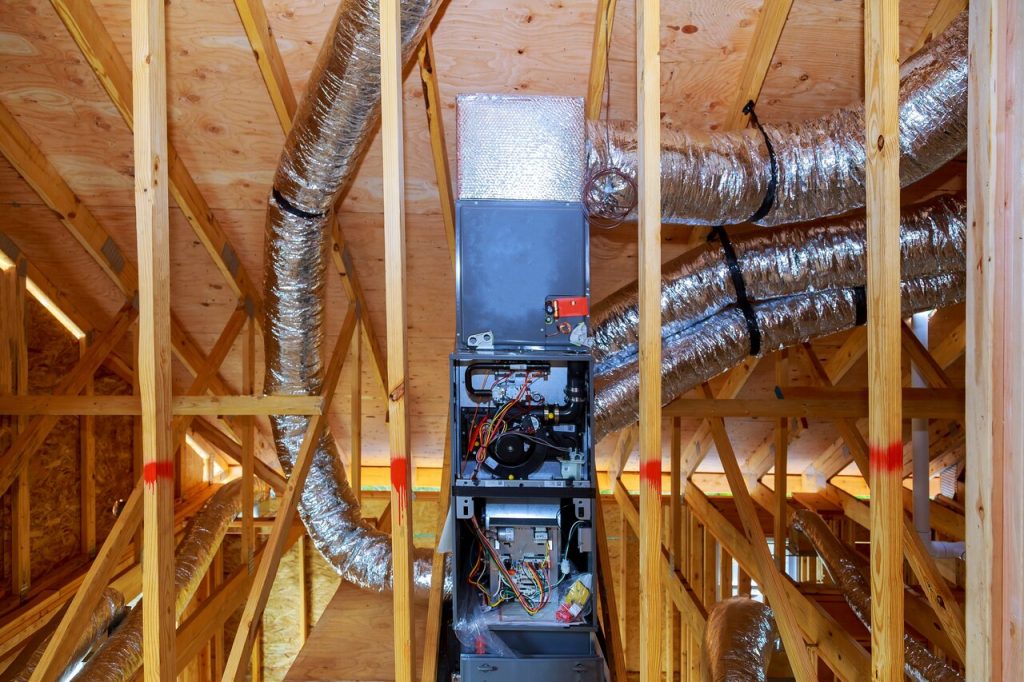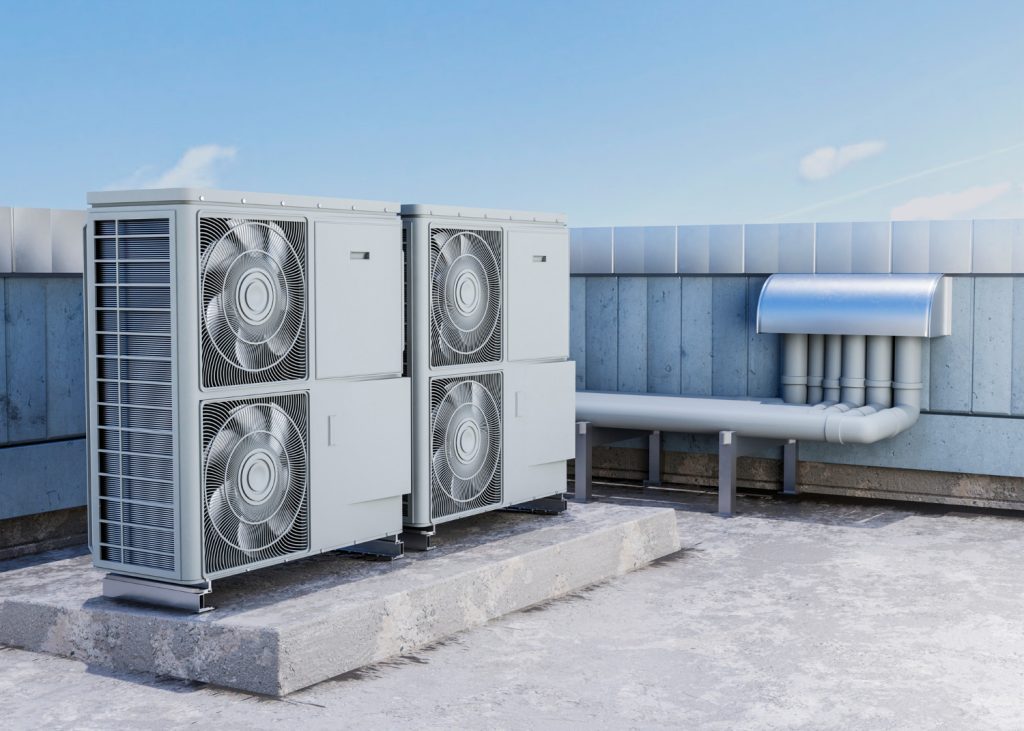Common Causes of Uneven Heating and Cooling
Common Causes of Uneven Heating and Cooling Uneven temperatures can make parts of your home uncomfortable, even when your HVAC system is running. Understanding the causes helps identify the right solution. Blocked or closed vents are a common issue. Furniture, rugs, or dust buildup can restrict airflow, preventing proper temperature distribution. Ductwork problems can also lead to uneven heating and cooling. Leaks or poor insulation cause conditioned air to escape before reaching certain rooms. Thermostat placement may affect temperature accuracy. If the thermostat is located in direct sunlight or near heat sources, it may cause the system to cycle incorrectly. Addressing airflow issues, duct problems, and thermostat placement helps restore consistent comfort throughout your home. Read Next: The Benefits of Upgrading to a Smart Thermostat

